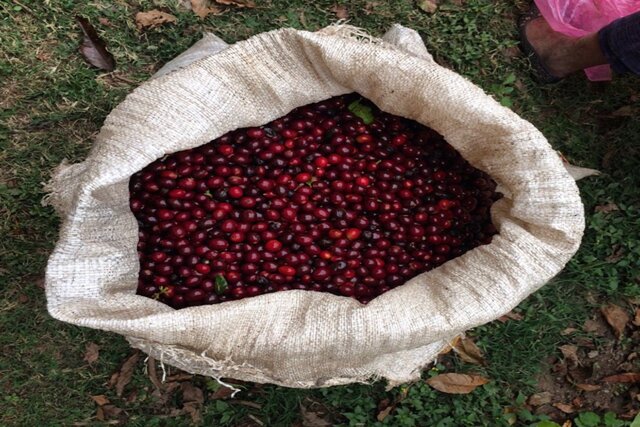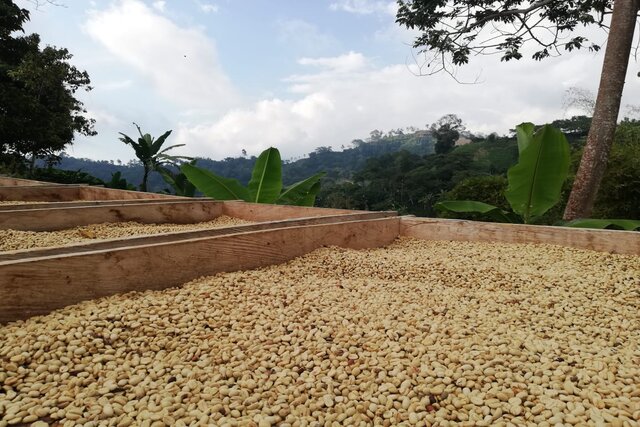
To organic? Or not to organic? That’s always the question
The topic of organic coffee can be polarizing. For those in favor of it, the environmental benefits of organic production are obvious. Those on the other side might mention the inefficient and expensive certification process, and the fact that in some countries it's nearly impossible to have a good harvest without any chemicals.
Read below some of our insights for following statements
- Organic production has a lower yield
This isn’t always the case.
You can achieve the same yields as conventional production if you have a good long term management process. However, labor costs do tend to be higher than in non-organic production. Mixing compost and then hauling it to the fields and weeding by hand will always be more work than spraying synthetic herbicides or fertilizers.
- Organic coffees are only for large producers with money
Yes and no.
When it comes to certified organic coffees cost is by far the largest obstacle for farmers considering organic certification. You will be responsible for the cost of inspection, which includes the travel and lodging expenses of certifying auditors, as well as annual certification fees. This effectively puts organic certification out of reach for most small-scale farmers unless they are part of a cooperative, in which case certifying costs can be split between all members. This is the case for our DR Congo Bahavu & Colombia Sol Naciente ORGANIC. (See below for some extra info)
It’s easy to see why organic coffee costs more versus coffee of the same quality that isn’t certified as organic. The cost of certification, the additional labor needed, and all the extra work that goes into maintaining traceability add up.But if you don't care about the certification and just want organic coffees there are a lot of small-scale farmers who are organic by default. They may not be certified because of the expense and the paperwork involved in the process, but because chemical fertilizers and pesticides are also too expensive, they are “passive organic.” This includes all of our Ethiopian, Burundi, Kenya and Rwanda coffees and some of our smallholders in Colombia and Nicaragua.
- Is my coffee better because it is organic ?
Not really.
Organic certification gives specific requirements toward green, ecological practices but not as a leverage for better cup quality. Less pesticide is great but must be combined with good picking, controlled fermentation and drying, screening, sorting etc.. if you want good quality. This is our role as Cuprima to source coffees that respect the environment AND have amazing cup quality!
- Why go for organic certified coffee then?
With the downsides of extra costs to growing organic certified coffee, why would you choose it as a producer or roaster?
The two main reasons are commercial appeal and environmental reasons. Organic coffee can be sold at a premium to non-organic coffee. These premiums are intended to offset the costs of certification, but they are also a modest strategy to earn more for your coffee in the face of low market prices. Coffees sold under FairTrade terms that are also certified organic automatically receive a 30 cent premium per pound.
Ultimately, it’s also up to you, as a roaster, to decide for yourself whether it’s worth it to pursue organic certification or not. Sometimes if you want to work with supermarkets or certain shops it's necessary but first read up on what is needed for you, the actual costs, and consider whether you can work with an non organic certified coffee to make it more affordable.
If you have any more questions, feel free to send us an email!
Let's talk organic.

